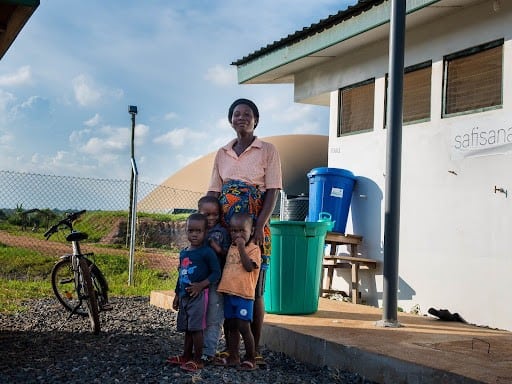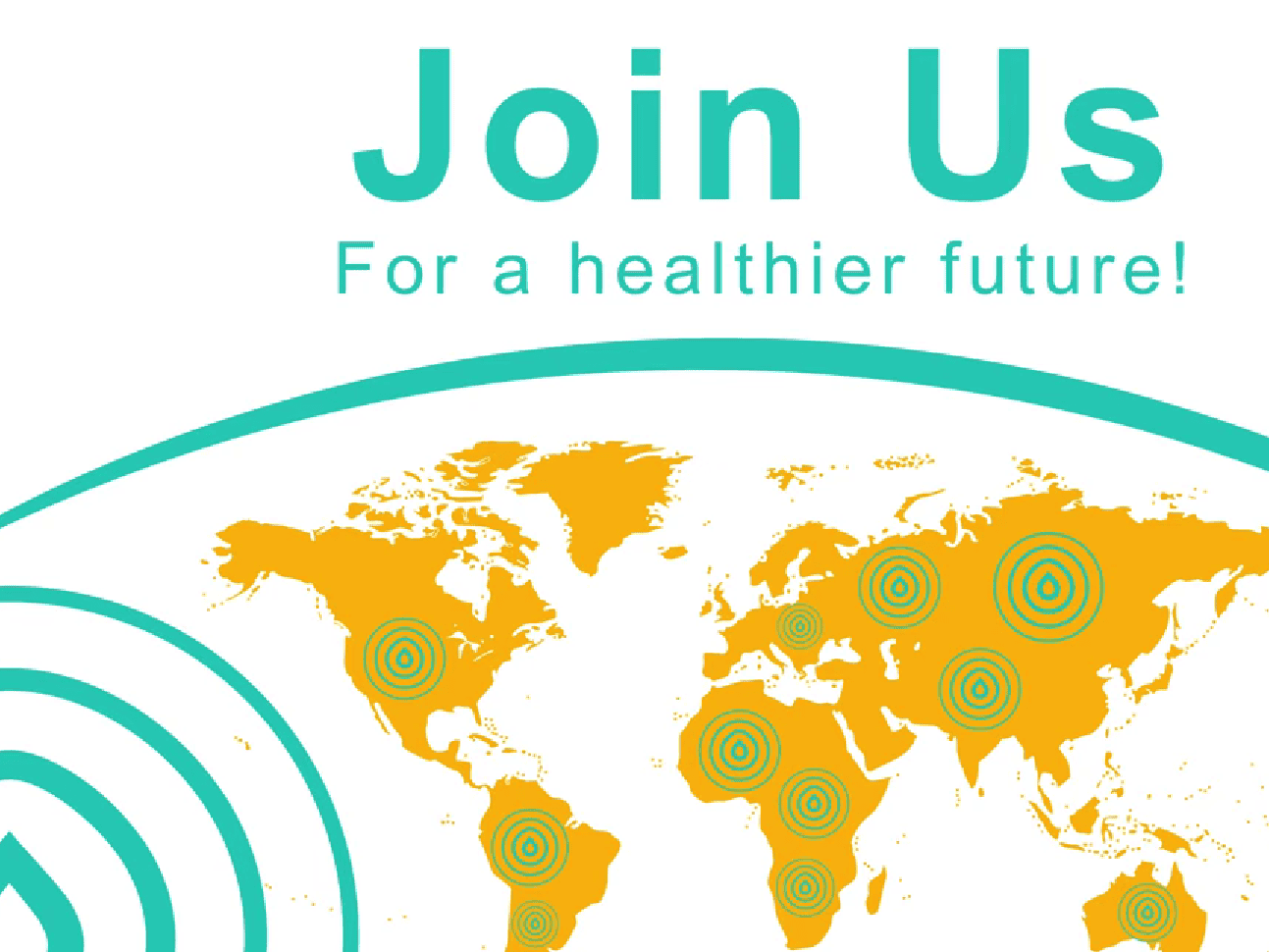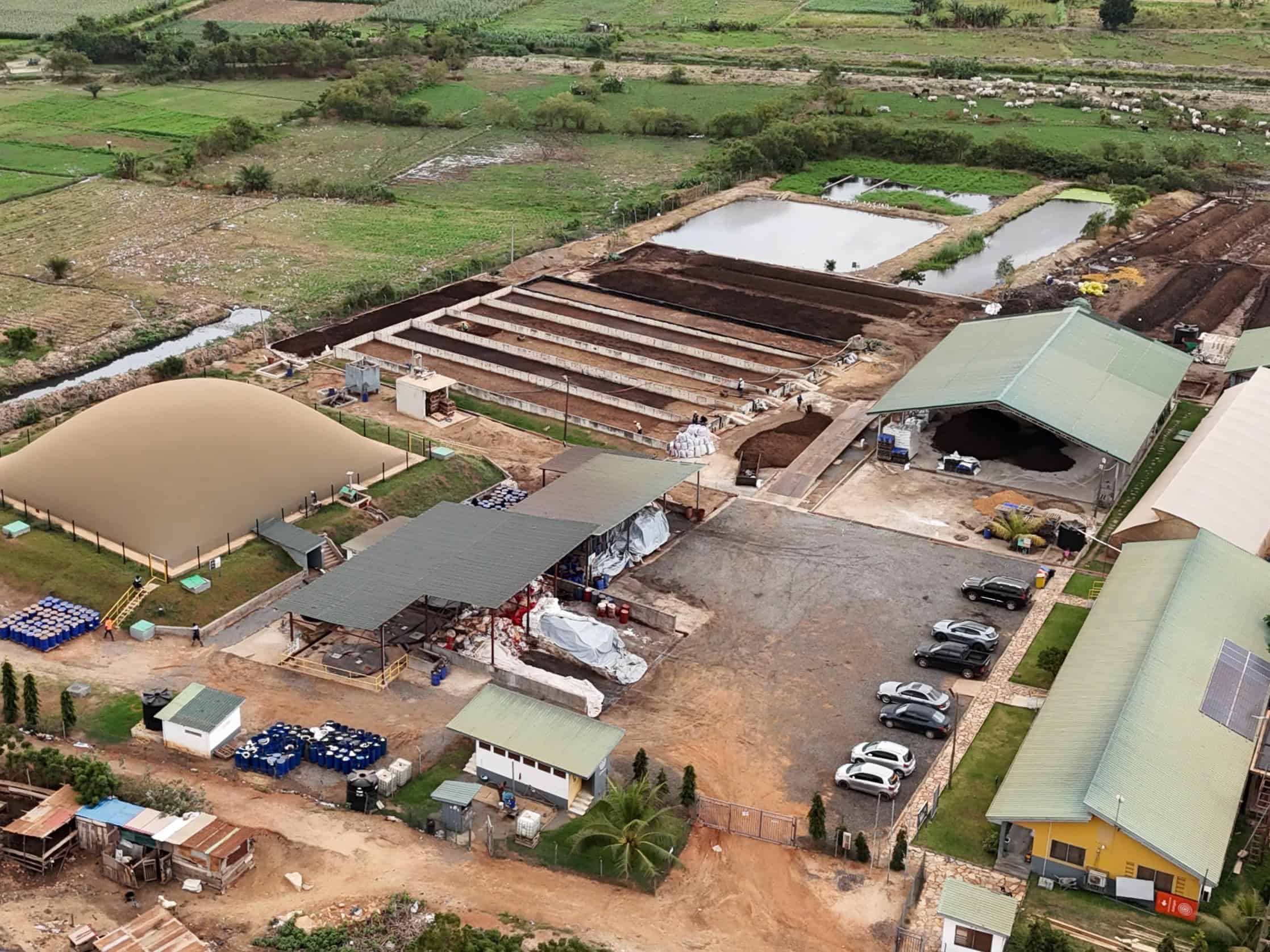Welcome to our Impact Blog
Search posts
Facts and figures that drive us

Fertilizer shortage
Many African countries are expecting to have fertilizer and food shortages in the coming months, due to the war in Ukraine which has caused scarcity in the global fertiliser market, and an unprecedented increase in prices of natural oil and gas. Read how we enhance food security by recycling waste!

95%
of all wastewater in developing countries is not treated; faecal waste is often pumped directly into the sea; litter attracts nuisance animnals spreading diseases.

45%
of the global population (3.4 billion people) uses a safely managed sanitation service.

842,000
Each year, 842,000 people worldwide die from poor water, sanitation, and hygiene. (World Health Organisation)

10%
At least 10% of the world’s population is thought to consume food irrigated by wastewater. (UN Water)

31%
of the global population (2.4 billion people) used private sanitation facilities connected to sewers with treated wastewater. (UN Water)

840 mln
people still live without electricity.
(UN,2016)

28%
of global total energy consumption in 2020 was covered by renewables.

The use of electricity, generated by fossils fuels, generally boosts the price of electricity in low-income countries to the same height as in high-income countries. (GlobalPetrolPrices.com)

573 mln
In sub-Saharan Africa, 573 million people still live in the dark.
(UN, 2017)

Soil Nutrient Depletion
Soil nutrient depletion, due to the intensification of land use for agricultural production, is a serious threat to food security in developing countries. It adversely reduces crop yield and consequently poses a potential threat to global food production and agricultural sustainability. Consumption of crops grown in low-nutrient soil can lead to deficiencies of minerals and micronutrients in humans.
Join our Mission
#UpcyclingWasteForGood










